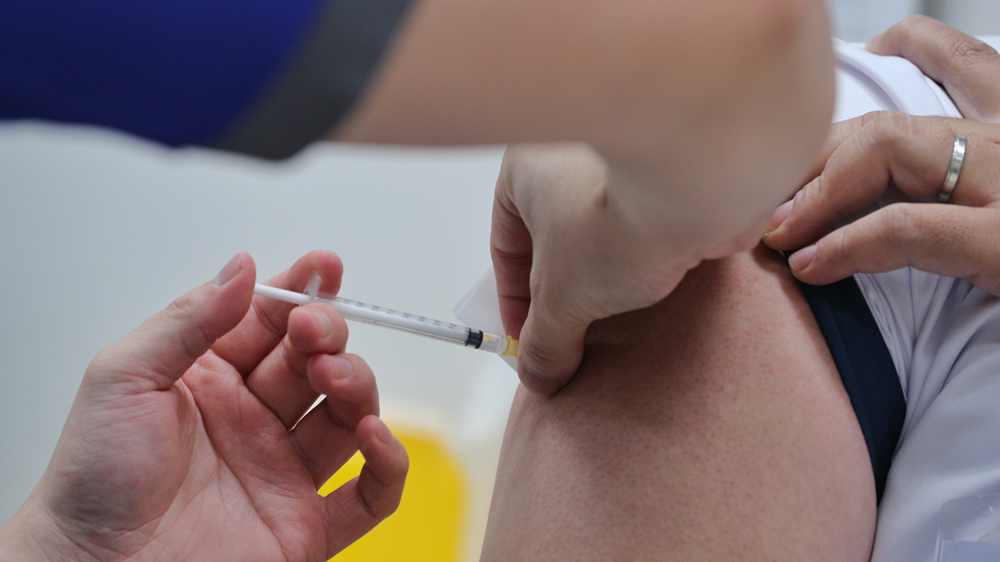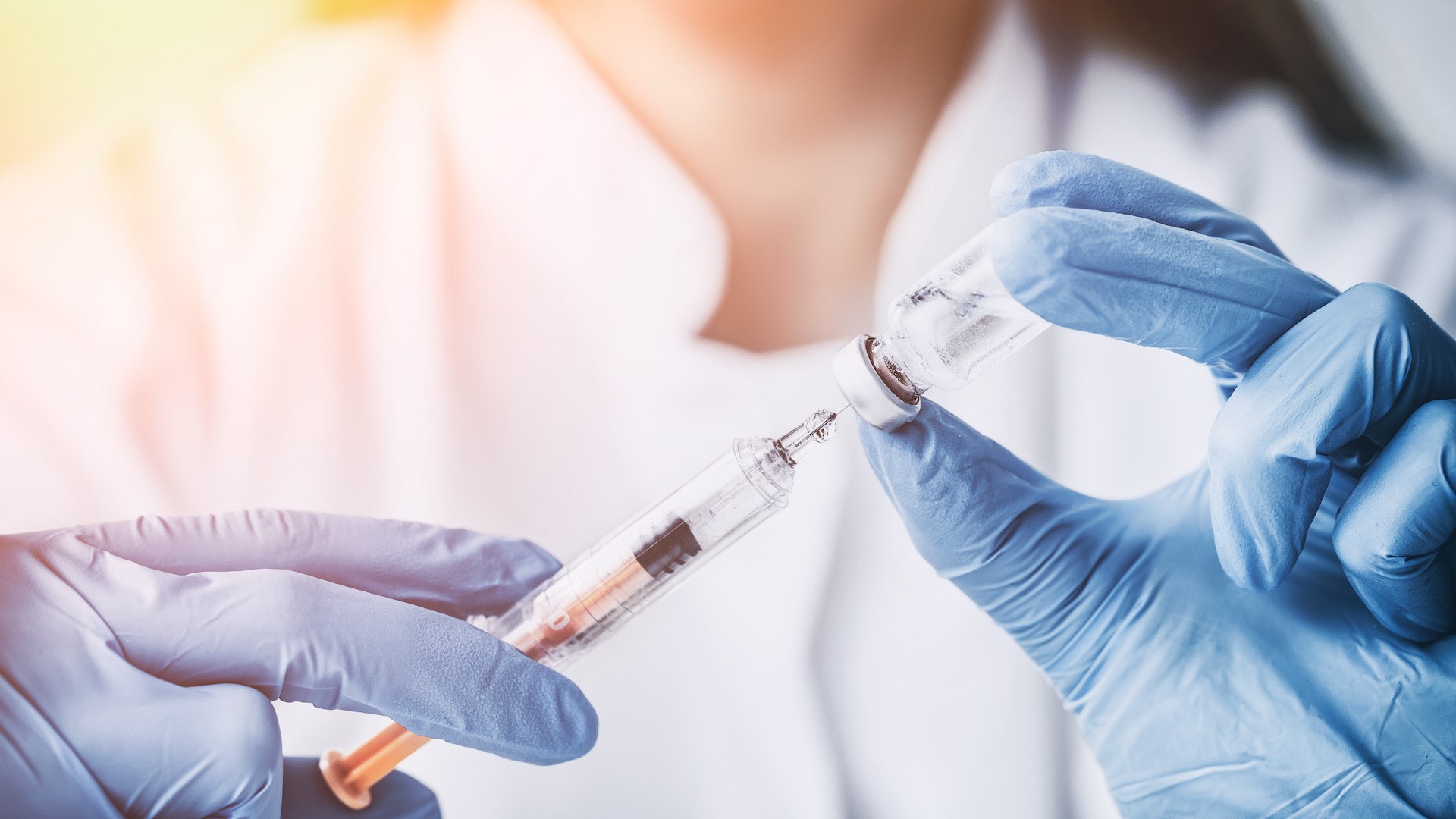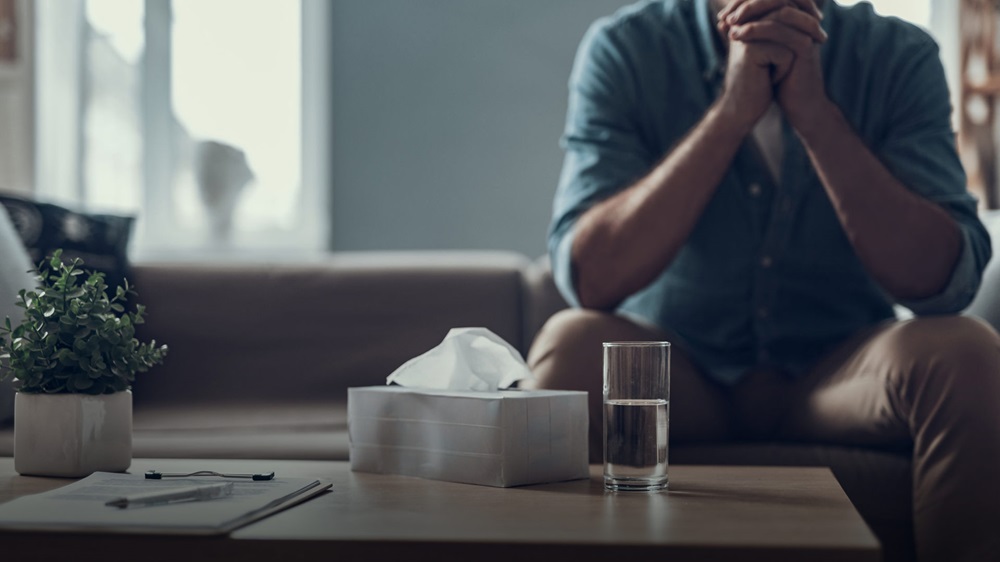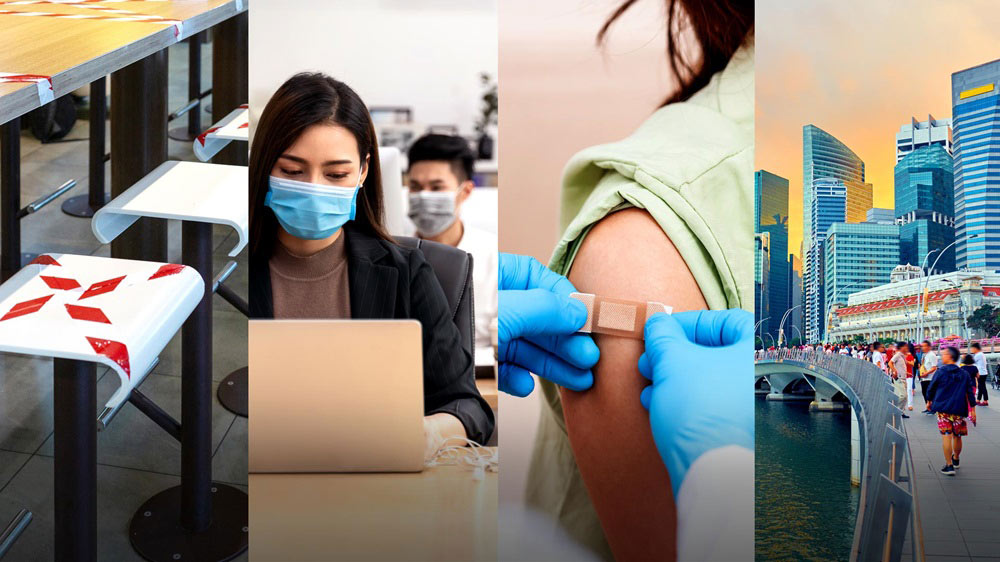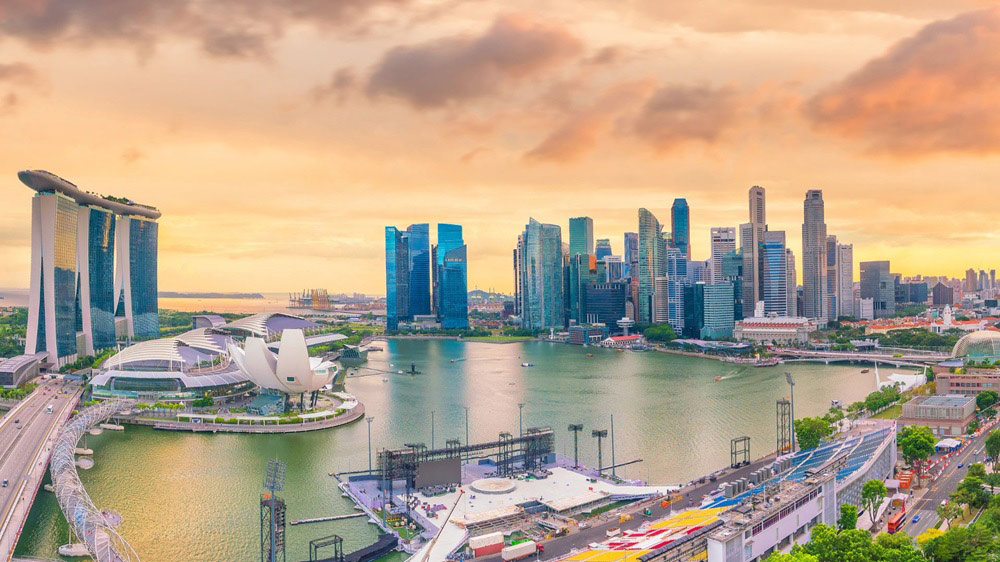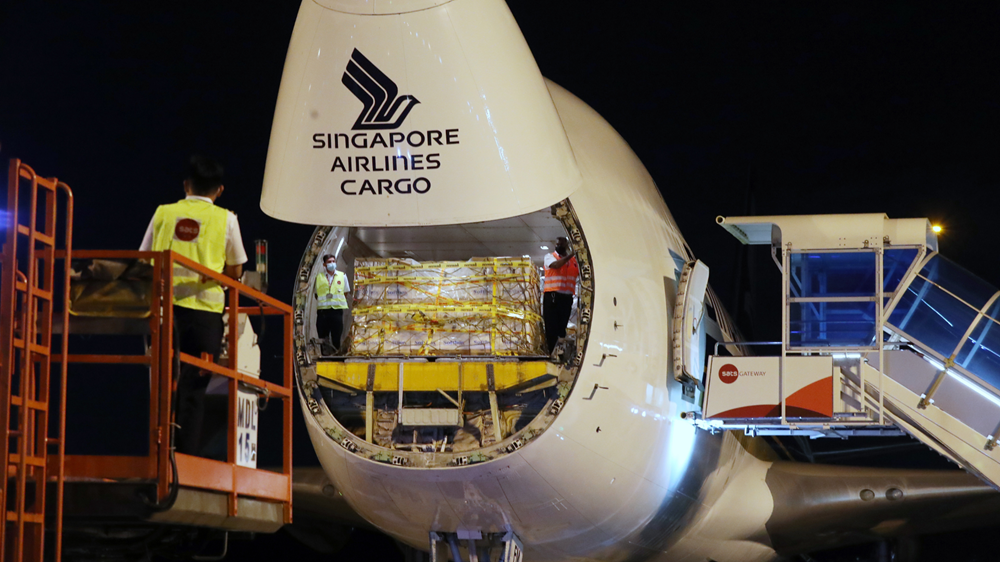
Singapore became the first nation in Asia to receive doses of the Pfizer-BioNTech COVID-19 vaccine on 21 December 2020, thanks to a coordinated approach between the Government, the scientific community and industry partners.
Soon after the COVID-19 outbreak began, the wheels in Singapore’s efforts to secure vaccines began turning as the Government began closely monitoring the global development of vaccines.
An early start
In April 2020, a Therapeutics and Vaccines expert panel (TxVax panel) was formed to source for vaccine candidates around the world. The panel, comprising 18 scientists and clinicians across hospitals, A*STAR and the private sector, conducted an extensive study of 35 promising candidates to screen them for safety and efficacy.
The TxVax panel relies on data that comes from the different vaccine companies at their respective stages of clinical trials.
The clinical trial process, which involves testing an experimental drug or vaccine, has three phases.
- The first two phases are typically carried out among smaller groups to test the vaccine’s safety and efficacy. Researchers assess how the human immune system is responding to the vaccine and monitor for possible side effects.
- Trials in the third phase are significantly larger, often involving thousands of people across multiple countries. This phase determines if the vaccine can protect users from the infection.
As more data was released across the different stages of the trials, the TxVax panel updated and refined their assessments, and passed their recommendations to a group of planners.
Diversifying vaccine options
Given the lack of certainty over which vaccine would succeed, the planning group diversified the choices across different vaccine technology platforms.
The Economic Development Board (EDB) also weighed in on the criteria for choosing the vaccines.
“The 35 (vaccine candidates) that we looked at very seriously, we had already pre-screened, based on certain characteristics like the technology type, who is developing it, the track record and the timeline of development,” said Ms. Lisa Ooi, EDB’s Vice President of Healthcare and Wellness Strategy.
Given the variety of vaccines types, there needed to be a “balance between established options and fastest to the market”, Ms. Ooi added.
Assessment and monitoring of the vaccines
Over the months, the planning group made careful assessments of the different vaccines before deciding which to purchase. Vaccines from Moderna, Pfizer-BioNTech and Sinovac have been purchased, and there are ongoing efforts to procure others to ensure a diversified range of options.
As the Ministry of Health negotiated the commercial agreements, the Health Sciences Authority (HSA) reviewed the clinical trial data to guide Singapore’s vaccine review process.
COVID-19 vaccines approved for use, such as the Pfizer-BioNTech one, have gone through a thorough review for safety. Professor Benjamin Seet, Deputy Group CEO (Education & Research) at the National Healthcare Group explained more about the process.
“While mRNA vaccines (such as the Pfizer-BioNTech one) are new and there are some uncertainties, when you look at the clinical trials as well as the scientific review, it is very rigorous.”As the drug is used in Singapore, companies will continue to work with HSA to monitor any side effects.
Ensuring early access
The planning group collaborated with the vaccine producers to ensure that delivery schedules were met, even roping in our national carrier, Singapore Airlines, so that there were flights from airports near where the vaccines were produced.
When the vaccines arrive in Singapore, they will be kept in cold chain facilities, where they can be stored for months. Following that, the vaccines will be transported to the sites where they will be administered.
There are also ongoing efforts to establish vaccine production facilities in Singapore. Thermo Fisher Scientific, one of the world’s largest life sciences company, recently announced that it would establish a new US$130m facility in Singapore in 2022. Several other companies are also in the final stages of talks to invest in new vaccine production plants here.
Made possible by a strong partnership
Singapore is one of the first countries to obtain the Pfizer-BioNTech vaccine. The 11 months it took from when the virus first arrived in Singapore to when we received our first shipment of vaccines on 21 December 2020 was no fluke.
It was due to the team of public officers, scientists and industry partners who worked tirelessly behind the scenes to make early access to vaccines possible. The road to vaccine procurement was fraught with uncertainty but with the shipment now on our shores, Singapore is now ready to roll-out its vaccination plan for our residents.
*Photo (used in banner image) by the Ministry of Communications and Information
We use cookies to tailor your browsing experience. By continuing to use Gov.sg, you accept our use of cookies. To decline cookies at any time, you may adjust your browser settings. Find out more about your cookie preferences here .










